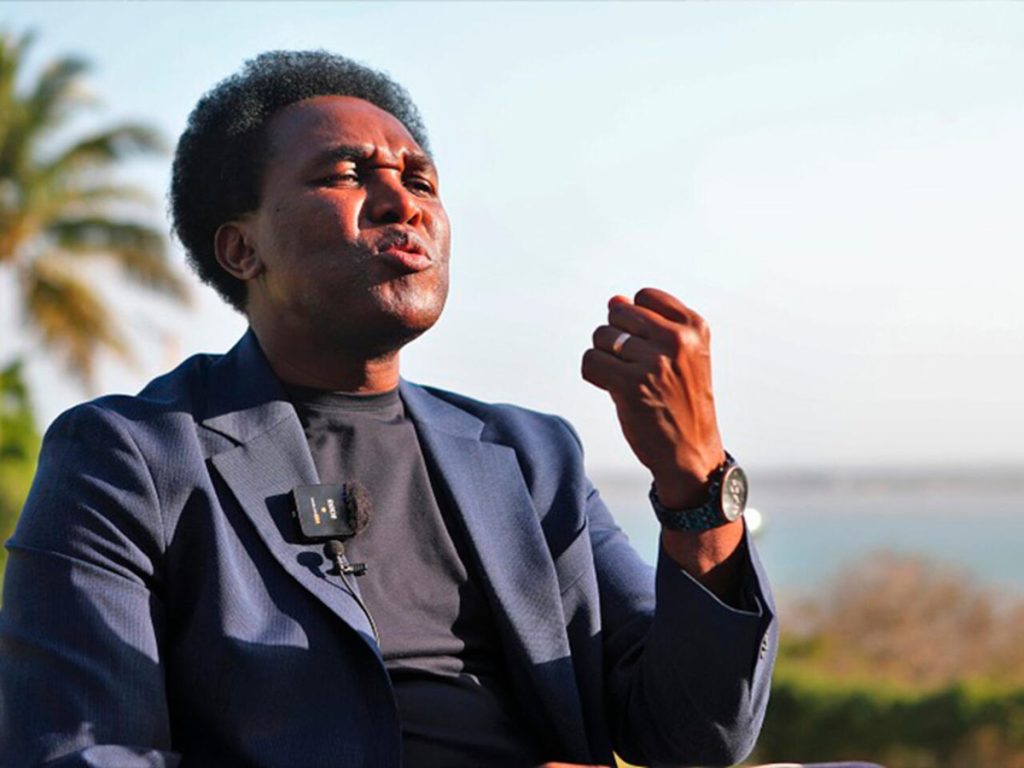Mozambique faces a tense and pivotal moment as the Constitutional Council prepares to validate disputed election results on Monday, with opposition leader Venancio Mondlane threatening unprecedented unrest if the ruling Frelimo party’s victory is confirmed.
The October 9 election has been marred by allegations of fraud and violence, with at least 130 people killed during protests sparked by the announcement of Frelimo’s Daniel Chapo as the winner. Frelimo has ruled the country since its independence from Portugal in 1975.
The Constitutional Council is expected to uphold the election results at 3:00 pm (1300 GMT), paving the way for Chapo to succeed outgoing President Filipe Nyusi, whose term concludes on January 15.
Opposition’s Defiance
Mondlane, the main opposition leader, has alleged massive electoral fraud, claiming a separate count shows he secured enough votes to claim the presidency. Despite his self-imposed exile following the assassination of his lawyer—an act he attributes to state forces—Mondlane has vowed to return and assume office.

On Saturday, he addressed supporters via social media, dismissing sceptics who doubted his resolve. “They will be surprised on January 15 when they see Venancio Mondlane take office in Maputo,” he declared.
Mondlane’s rhetoric has struck a chord with younger voters disillusioned by years of poverty and mismanagement in a resource-rich nation of 33 million people. “Difficult days will come,” he warned, promising an unprecedented uprising if the results are confirmed.
Unrest and Violence
Protests have gripped the country, paralysing city centres, disrupting industrial operations, and halting trade at the key border with South Africa, causing significant economic losses. Police have been accused of using live ammunition on demonstrators, with civil society group Plataforma Decide reporting 130 deaths—a figure echoed by Amnesty International.
Pope Francis has called for dialogue and reconciliation, urging goodwill to prevail over discord. Meanwhile, the U.S. government has issued heightened travel warnings for Mozambique amid escalating tensions.
In a televised address on Friday, outgoing President Nyusi expressed hope for peace. “I trust that once the final results are announced, all parties will open their hearts to constructive and inclusive dialogue,” he said.
A Nation on Edge
Preliminary results gave Chapo 71% of the vote, with Mondlane trailing at 20%. However, the opposition leader claims his own tally puts him at 53% against Chapo’s 36%.
The protests, described as the “most dangerous” Mozambique has experienced, have seen police stations and Frelimo offices set ablaze. Analysts predict further bloodshed if the Constitutional Council upholds the election as free and fair.
Johann Smith, a political and security risk analyst based in Maputo, warns of an escalation in violence. “If the council declares the election legitimate, blood will flow,” he told AFP.
Southern Africa’s Turning Point?
Mondlane’s defiance echoes broader discontent with long-standing ruling parties in Southern Africa, reminiscent of the Arab Spring. Recent political shifts in Botswana and Namibia suggest a growing appetite for change in the region.
“This could be the Southern African Spring,” Smith remarked. “The stakes are incredibly high, and Monday will change everything.”


